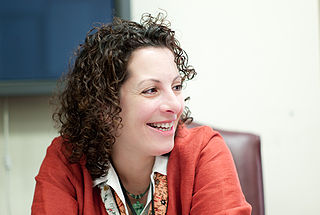Цитата Джона Макафи
Социальная инженерия составляет около 75% инструментария среднего хакера, а у самых успешных хакеров она достигает 90% и более.
Связанные цитаты
Когда Пол [Гринграсс] писал, он присылал мне идеи для историй, которые у него были. Его особенно интересовали социальные движения и революции, которые происходили во всем мире, и то, как компьютеры и Интернет помогали этим движениям. Он посоветовал мне прочитать книгу об Anonymous, хакерской группе, называемой хакерами «белой шляпы», что означает, что ими движет идеология и социальные потрясения, а не просто жадность.
Хакер — это тот, кто любит игривый ум — не обязательно с компьютерами. Программисты из старого сообщества свободного программного обеспечения Массачусетского технологического института 60-х и 70-х годов называли себя хакерами. Примерно в 1980 году журналисты, открывшие хакерское сообщество, ошибочно приняли этот термин за «нарушение безопасности».
С тех пор, как я начал писать художественную литературу, я также верил, что научная фантастика на самом деле никогда не о будущем. Когда научная фантастика устарела, вы можете читать ее только как рассказ о том моменте, когда она была написана. Но мне казалось, что инструментарий, который научная фантастика дала мне, когда я начал работать, стал набором своего рода литературного натурализма, который можно было применить к невероятному по своей сути настоящему.
Поскольку Хиллари Клинтон выиграла всенародное голосование, почему они жалуются на то, что русские взламывают результаты выборов? Я имею в виду, что Хиллари побеждает в голосовании, что еще может сделать хакер, кроме как получить вам большинство голосов? Но все же они бегают, жалуясь на хакеров и обвиняя русских в краже результатов выборов.

































